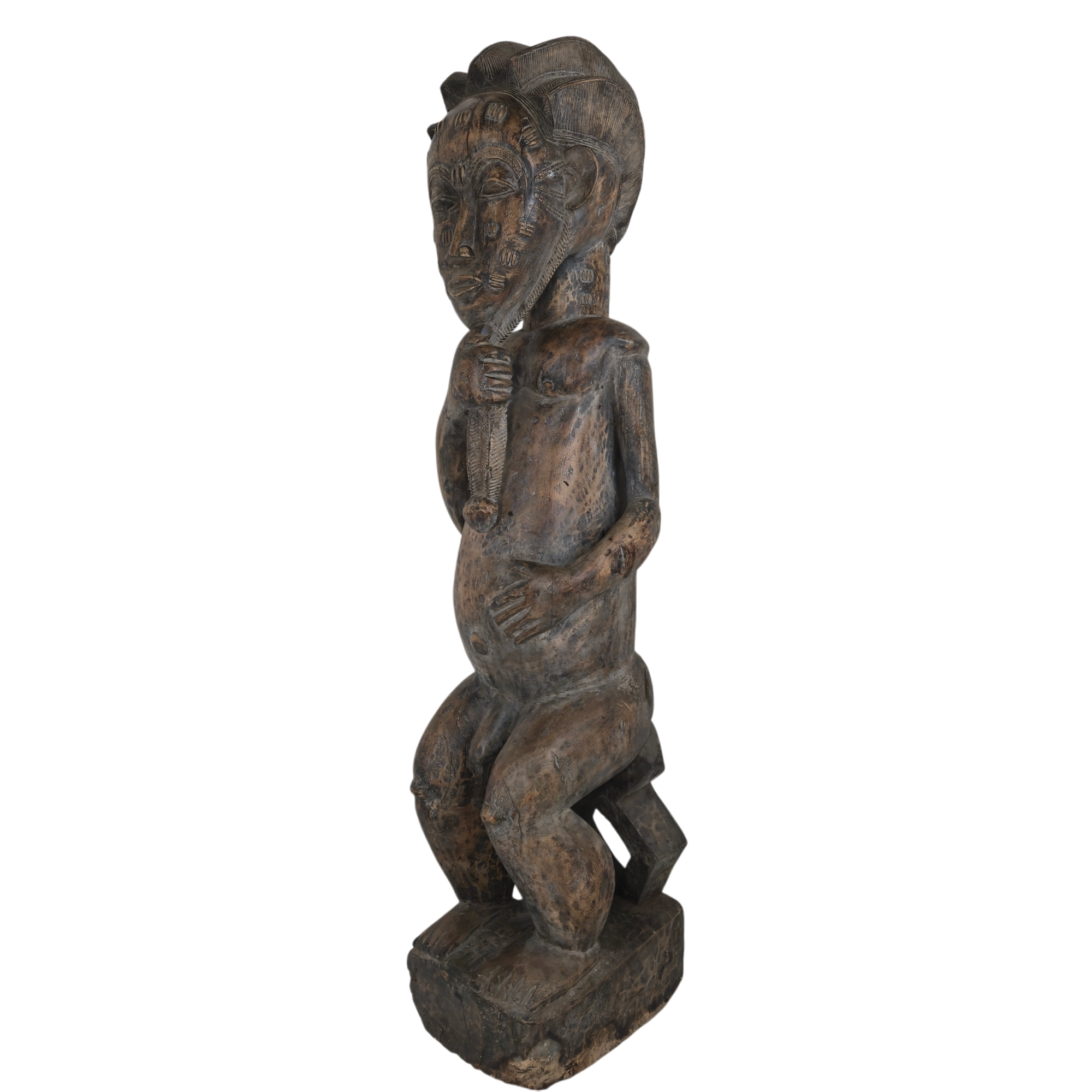The Bwa ethnic group is a West African ethnic group mainly present in the region of Burkina Faso. They speak the Bwa language, which is part of the Gur language family.
The Bwa are known for their art and craftsmanship, particularly for their carved wooden masks. Bwa masks are used in ritual ceremonies to honor ancestors, heal illnesses, and protect the community. The masks are often decorated with abstract geometric patterns, symbols, and animal images.
The Bwa practice subsistence agriculture, cultivating crops such as millet, sorghum, and corn. They also raise animals such as goats and sheep for meat and dairy products. The Bwa have a matrilineal social organization, which means that inheritance is passed down from mother to daughter.
The traditional Bwa religion is centered around the worship of ancestors and nature spirits. Religious practices include animal sacrifices, divination rituals, and dance ceremonies. The Bwa have also adopted imported religions such as Islam and Christianity, but have continued to maintain their traditional practices and beliefs alongside them.
The Bwa have also been involved in political and social protest movements, fighting for land rights and political reforms. Their active participation in politics reflects their commitment to preserving their culture and identity as a distinct ethnic group.
